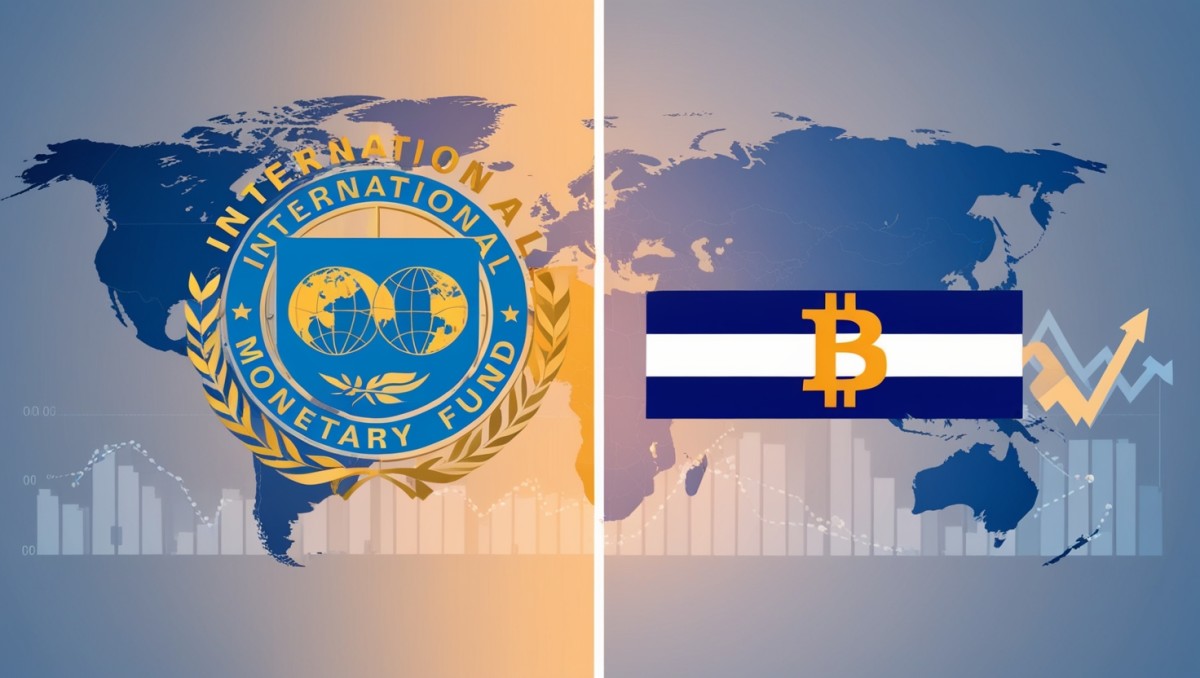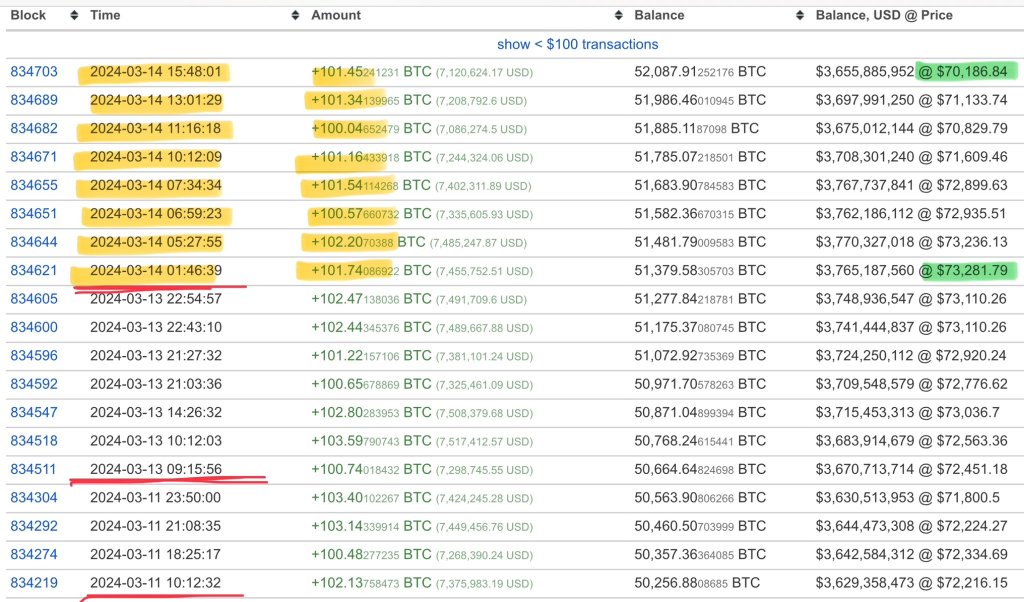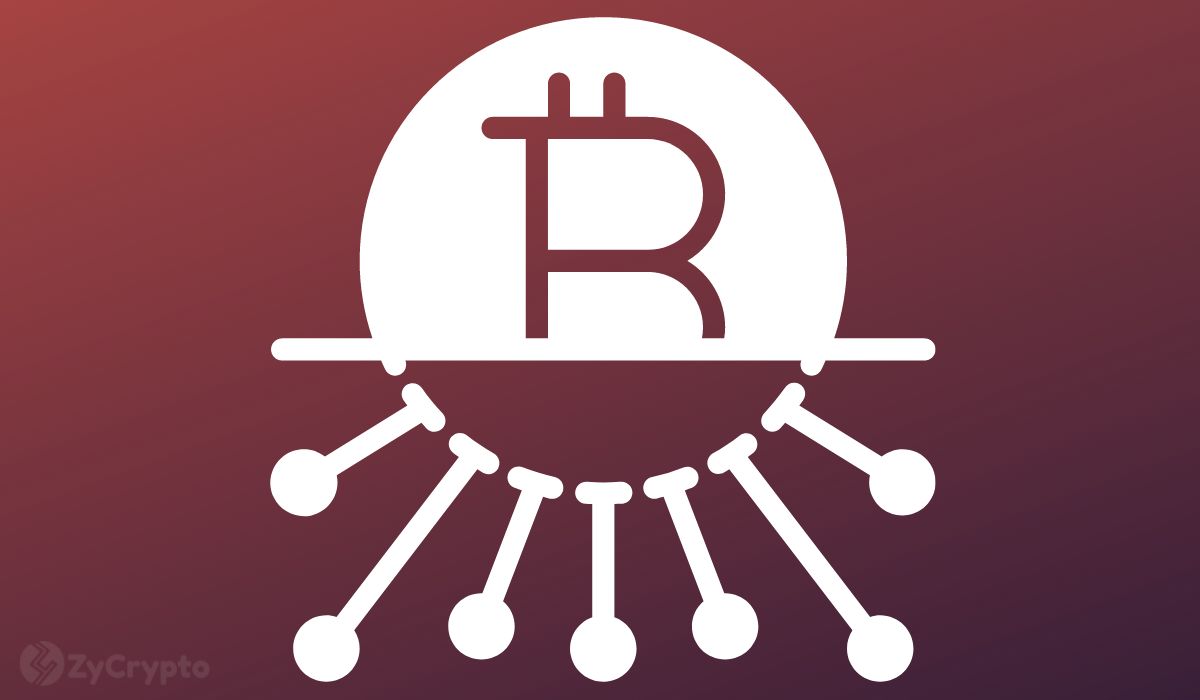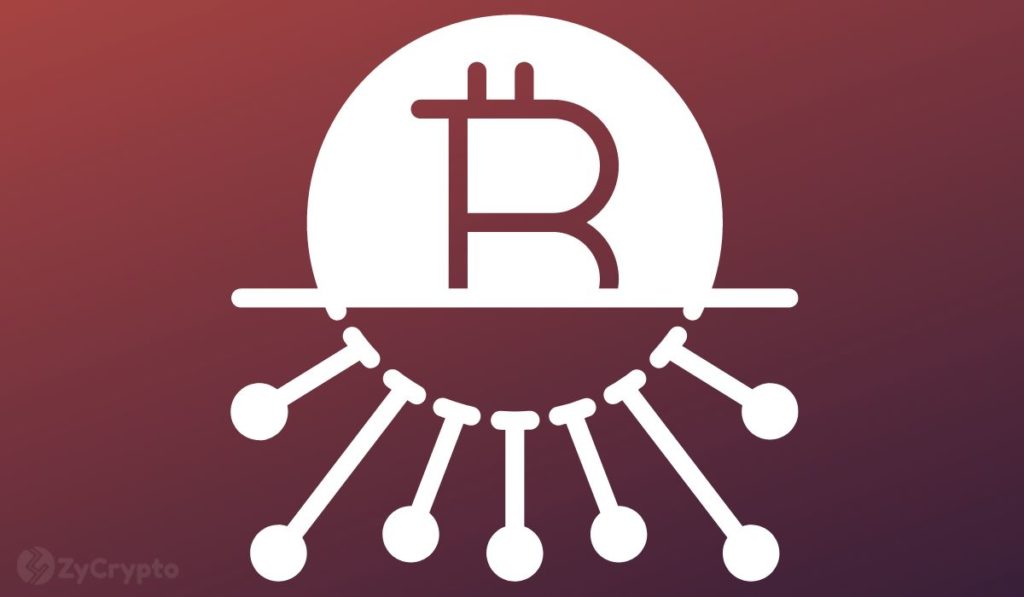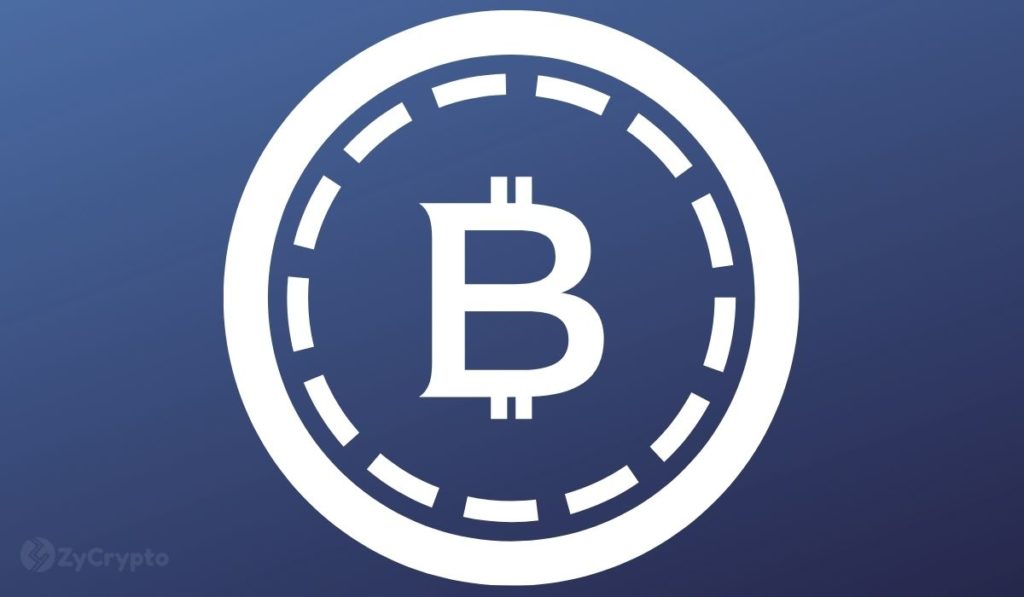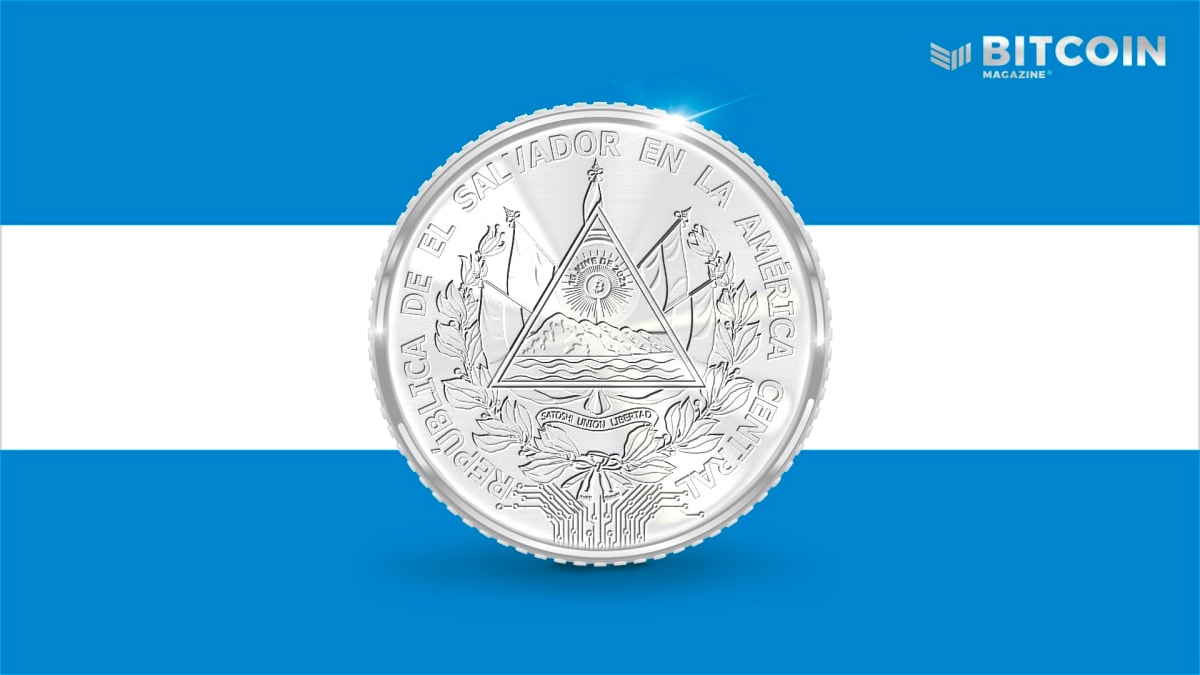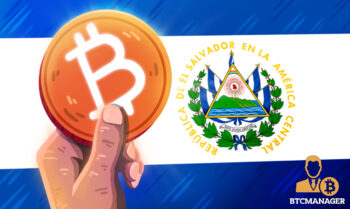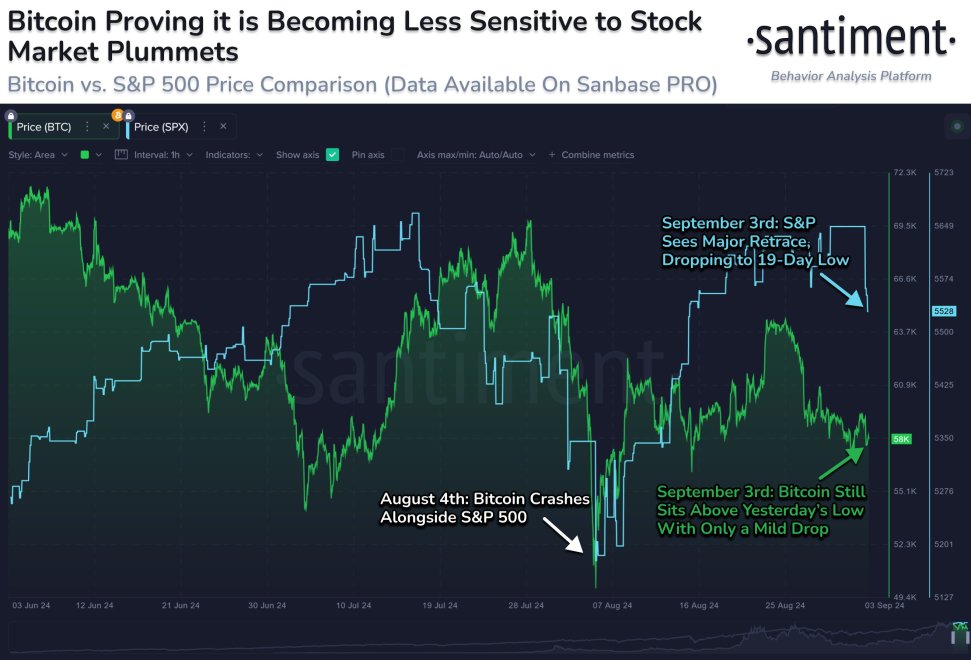2021-6-12 23:14 |
It’s been only a couple of days since Bitcoin was declared legal tender in El Salvador. The decision has been controversial. Most of the crypto community has shown support for the new law, but traditional media and financial institutions haven’t been equally receptive.
Banking giant J.P. Morgan commented on the “Bitcoinization of El Salvador” in a recently published research. The banking institution compared the “Bitcoin Law” approved by this countries congress with the country’s dollarization process in the early 2000s. The bank said:
(…) this move does not seem motivated by stability concerns, but rather is growth-oriented but it is difficult to see any tangible economic benefits associated with adopting Bitcoin as a second form of legal tender.
El Salvador seeks the aid of the International Monetary Fund (IMF) to obtain a credit program. The president of this country, Nayib Bukele, met with the financial institutions on June the 10th, as Bitcoinist reported. The IMF expressed concern about the new law due to “economic and legal issues”.
On this subject, JP Morgan added: it may (the Bitcoin Law) imperil negotiations with the financial institutions. Thus, the report cast doubts on the “mechanical implications” for treating BTC as a legal instrument, but acknowledge that El Salvador could have sparked a persistent trend:
(…) but those (regulatory) moves may be complicated if this is the beginning of a broader trend among similarly situated, smaller nations.
Bitcoin An “Interesting Experiment”?Similar to MicroStrategy, the first publicly-traded company to add BTC to its corporate treasury, many argued that El Salvador could cause a Domino Effect. Countries with dollarized economies and a high percentage of their population in need of fast and cost-efficient remittances.
According to a report by Reuters, a representative for the Bank of International Settlements (BIS), Benoit Coeure, said the following on BTC as legal tender in the Central American country: El Salvador, that is an interesting experiment indeed.
However, Coeure clarified that this financial institution, much like the IMF, has concerns about BTC and believes the cryptocurrency hasn’t passed the “test of being a means of payments”. He called the cryptocurrency a speculative asset and asked for more regulations.
In one of his controversial blog posts, former BitMEX CEO Arthur Hayes addresses El Salvador’s BTC Bitcoin. He believes it’s too early to say the global payment system has come to an end but sees the potential for the benefit of the people in the country.
It is not a fait accompli that remitting Bitcoin in small amounts is cheaper than the incumbent solution. The truly revolutionary outcome would be for El Salvadorian domestic labour to request wages in Bitcoin. Then they would not bear the exchange costs between USD to Bitcoin.
At the time of writing, BTC trades $37,073 with slight profits in the daily chart. In the 7-day and 30-day charts, BTC still has a 4.9% and 34.6% loss, respectively.
BTC shows some conviction in the daily chart. Source: BTCUSD Tradingview origin »Bitcoin price in Telegram @btc_price_every_hour
Bitcoin (BTC) íà Currencies.ru
|
|
